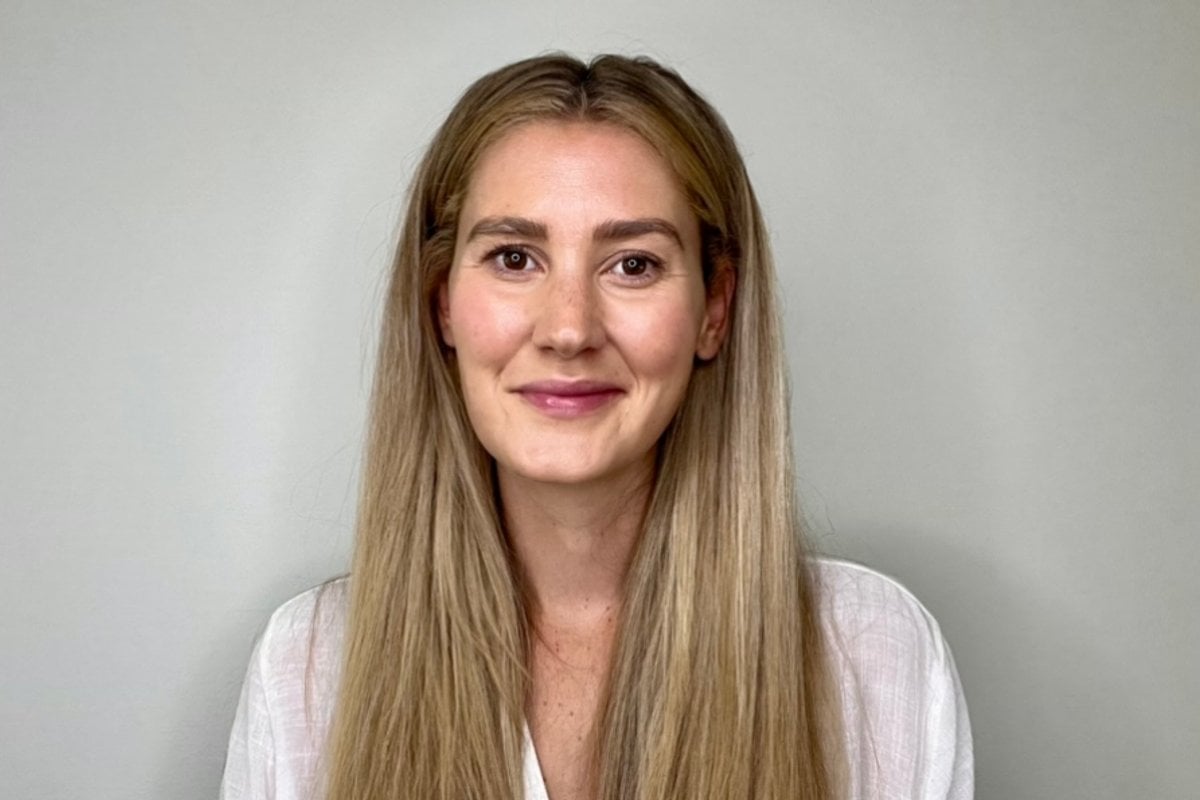
Content warning: This post deals with eating disorders, and could be triggering for some readers.
"Get a head start on your summer body..."
My phone buzzed, and I looked down to see an unsolicited marketing text from a major gym chain, not unlike the hundreds I’ve received over the years.
Except for some reason, this one really bothered me.
It wasn’t touting the health benefits of movement, the community found in gym culture, or the satisfaction there is to be gained by improving your physical strength. This text went straight for the fat phobic jugular, and I would almost respect their candour if I wasn’t so deeply troubled by it.
Watch: The horoscopes working out. Post continues below.
Has the industry remained unchanged in the nearly 15 years since I showed up for my first shift on the gym floor?
The truth is, movement is actually one of the best things you can do for your overall health. And lifelong friendships, self-esteem and physical confidence can all be built in a gym. But despite those very tangible, life enhancing benefits, we’re still being sold a fantasy because the reality is much less bankable.




























































































